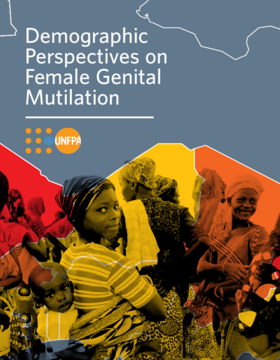
Demographic Perspectives on Female Genital Mutilation
Female genital mutilation (FGM) is the practice of partially or totally removing the external genital organs for non-medical reasons. It violates the human rights of girls and women, and causes serious and, in some cases, life-threatening health complications.
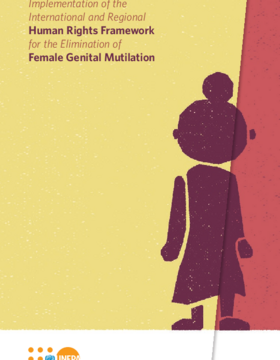
Implementation of the International and Regional Human Rights Framework for the Elimination of Female Genital Mutilation
A human rights approach to FGM places the practice within a broader social justice agenda — one that emphasizes the responsibilities of governments to ensure realization of the full spectrum of women’s and girls’ rights.
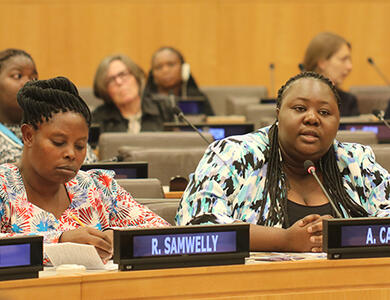
Girls are saying no to FGM – and they need political champions
Unless change comes faster, by 2030 another 68 million girls will undergo female genital mutilation.
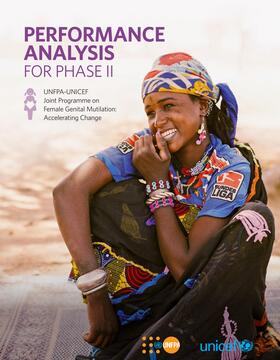
2017 Annual Report of FGM Joint Programme: Performance Analysis for Phase II
This companion booklet to How to Transform a Social Norm showcases key results achieved by the UNFPA-UNICEF Joint Programme on Female Genital Mutilation during 2014-2017.
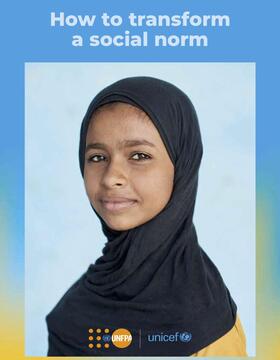
How to Transform a Social Norm
How to Transform a Social Norm is a reflection on Phase II (2014-2017) of the UNFPA-UNICEF Joint Programme on Female Genital Mutilation: Accelerating Change.